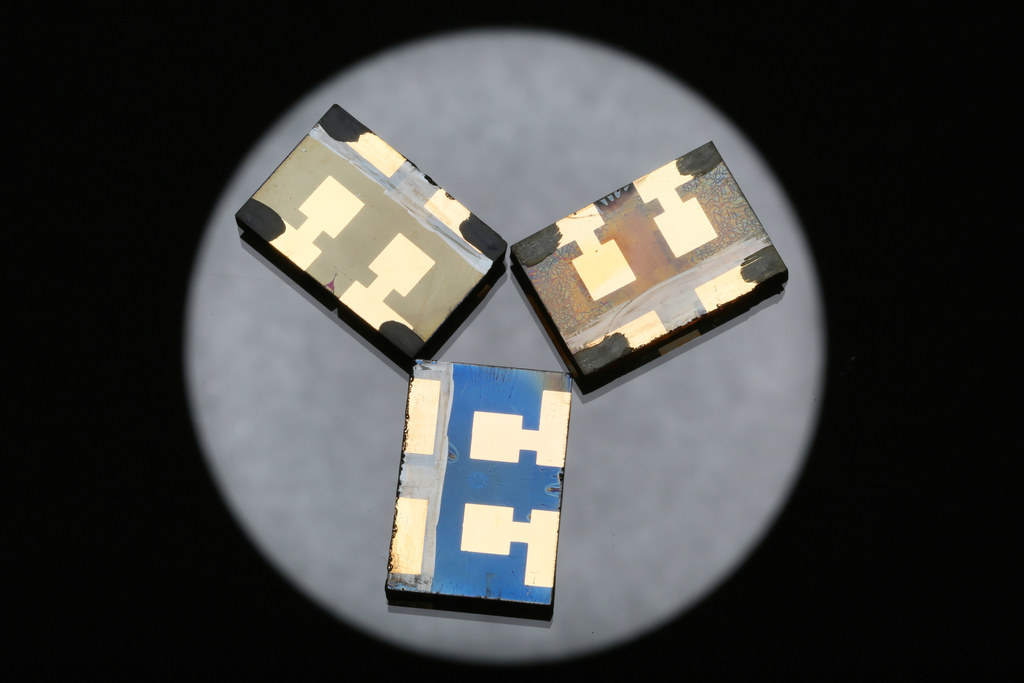Perovskite solar cells have seemingly stood on the brink of commercialization for the past several years, with issues of stability and quick degradation the main factor still holding the technology back from commercialization.
With leading research institutes all over the world working on a range of solutions to this – separately proposed methods include a steel mill grinding process and treating the cells with precise exposure to light and moisture – the EPFL has published a paper proposing standardization for the measurement of stability and degradation in perovskite solar cells, allowing scientists to more effectively compare the different approaches.
“We designed and built a dedicated system to carry out this study. It is state-of-the-art for measuring stability of solar cells,” says lead author of the Paper Konrad Domanski. “We can vary light intensity over samples and control temperature, atmosphere etc. We load the samples, program the experiments, and the data is plotted automatically.”
Popular content
The paper, Systematic Investigation of the Impact of Operation Conditions on the Degradation Behaviour of Perovskite Solar Cells, published in the journal Nature Energy, reveals how perovskite solar cells exhibit unique behaviors, such as recovering some degradation losses when kept in dark conditions for several hours, which majorly affect test results and lifespan estimations.
“We are not trying to impose standards on the community,” continues Domanski. “Rather, being on the forefront on perovskite solar cells and their stability research, we try to lead by example and stimulate the discussion on how these standards should look like. We strongly believe that specific protocols will be adopted by consensus, and that dedicated action groups involving a broad range of researchers will be formed for this purpose.”
This content is protected by copyright and may not be reused. If you want to cooperate with us and would like to reuse some of our content, please contact: editors@pv-magazine.com.



By submitting this form you agree to pv magazine using your data for the purposes of publishing your comment.
Your personal data will only be disclosed or otherwise transmitted to third parties for the purposes of spam filtering or if this is necessary for technical maintenance of the website. Any other transfer to third parties will not take place unless this is justified on the basis of applicable data protection regulations or if pv magazine is legally obliged to do so.
You may revoke this consent at any time with effect for the future, in which case your personal data will be deleted immediately. Otherwise, your data will be deleted if pv magazine has processed your request or the purpose of data storage is fulfilled.
Further information on data privacy can be found in our Data Protection Policy.